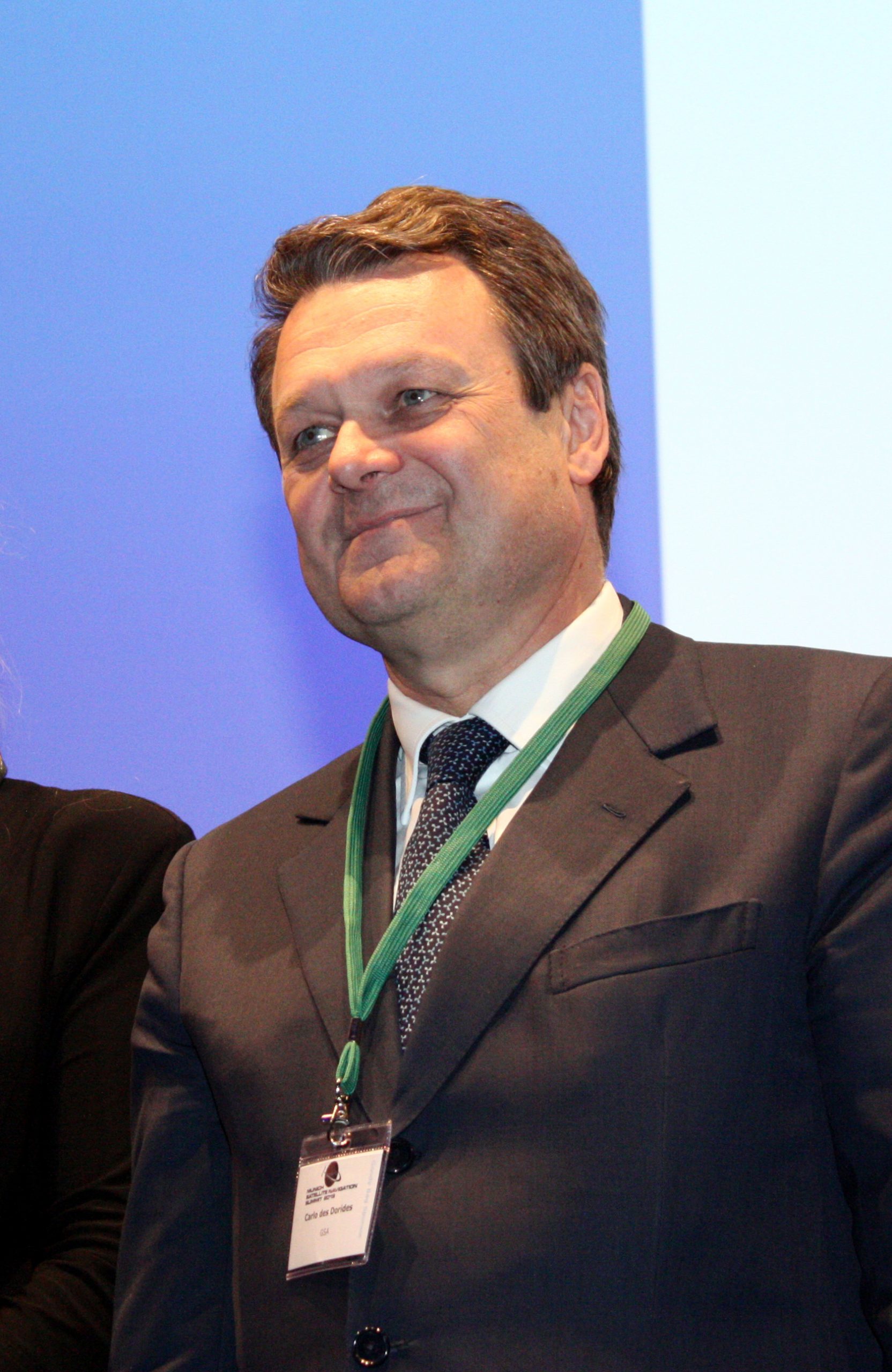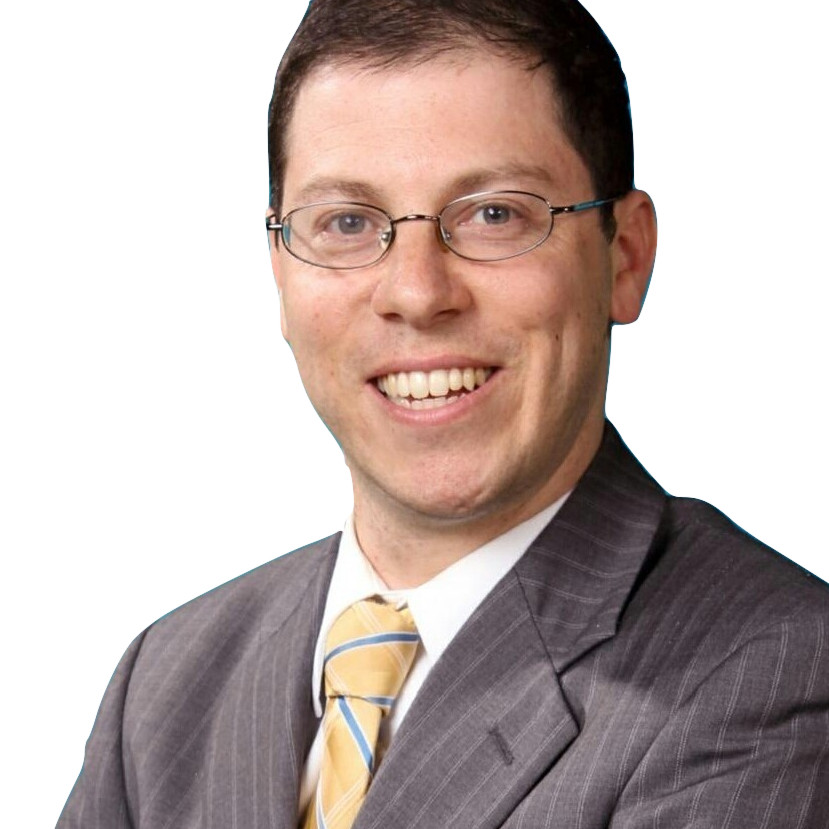“Galileo is a true European success story,
and I am proud if in a small way I have contributed to building Europe with it.”
European Union space mainstay Carlo des Dorides, Executive Director of the European GNSS Agency (GSA) since 2011, retired from this post at the end of January. He was scheduled to speak at the 12th EU Space Conference in Brussels that month, but had to skip out when he was called to a special budget session of the European Parliament. It would have been his last appearance in a public forum as GSA chief. Inside GNSS met with him in Brussels to talk and to say farewell.
“When I joined the GSA in 2011, we were a relatively obscure group of about 40 people,” he recalled, “working with a budget somewhere under 20 millions of euros. Today we are 210 people, with a budget of more than 600 millions, so there have been some changes.”
The Move to Prague
One of des Dorides’ first tasks was to direct the GSA’s move from Brussels to Prague, a move dictated by the EU’s policy of “taking the Union to the people,” that is, distributing its agencies among the members states rather than keeping them concentrated in Brussels.
“Really, it was not an easy task. It was difficult for many of our people, along with their families, and indeed we lost some of our very valuable staff. Replacing them was also difficult because there was a lot of skepticism about the new location. But we did it, on time and on budget, including a hosting agreement that we negotiated with the Czech Republic. With the increasing profile of the GSA over the years it has become easier to attract the great engineers and other experts that we now have with us. The skepticism about the location has now gone.”
Another early milestone for des Dorides came when EGNOS augmentation services were launched in April 2011. The GSA was charged with delivering the service and today, thanks in large part to its work, close to 400 airports use EGNOS. These include more than 50% of instrumental runways in Europe, serving 30,000 flights per month. Airplanes manufactured by companies such as Airbus and Boeing feature EGNOS avionics as standard equipment.
des Dorides also presided over the expansion of the GSA’s physical facilities, as the Agency’s responsibilities encompassed Galileo security. “We opened our two Galileo Security Monitoring Centers, one in St. Germain-en-Laye, near Paris, and the second. one in the UK.” With Brexit, this second center has moved to Spain. “So we were really spreading out, taking form. Then, in 2013, we inaugurated the new GNSS Service Centre (GSC) in Madrid.”
Expanded Agency Role
des Dorides’ tenure saw new EU regulations expand the Agency’s role, establishing it as part of the Galileo governance triangle, along with the European Commission and the European Space Agency. “It was a process of building trust,” he said. “Bridging with the EC, working together was the key.”
The GSA took over Galileo operations from ESA in January 2017, following the declaration of initial services in late 2016: that was the key and successful decision which was instrumental to achieve one billion users.
What was the other fundamental driver? The result of the GSA’s work with chipset manufacturers. “We are in the mass market, in your phones, in automotive, in millions of cars in Europe,” des Dorides said. “Maritime sector penetration is 80-90% in Europe and 20% worldwide. EGNOS is in 80% of new tractors in Europe. We are in the highly growing sector of drones navigation.”
Many other accomplishments could be listed here. The GSA has played a huge role in terms of understanding the GNSS market and its unique dynamics, approaching the right stakeholders at the right time.
“The July 2019 incident was unfortunate and cannot happen anymore. We need to learn and build an even more resilient system with focus on service provision. In the next years we will have better accuracy, we are already a dual-frequency forerunner, we will have authentication and high-accuracy a bit later but they will be soon coming. All of these are unique features of Galileo.”
Who’s Next?
The process of naming des Dorides’ successor is still ongoing, so there will be an interim leadership until the new Executive Director is known. “I think we have built a house with a good foundation,” he said, “and the expertise that we have, for example in the area of security, can be exported to other European programs.”
“I am proud as an EU citizen,” he said, eyes glistening, “Galileo is a true European success story, and I am proud if in a small way I have contributed to building Europe with it. I believe in Galileo, I am one of the last of the old Galileo dinosaurs, and I’m a true believer in Europe.”
And Europe believes in him. Carlo des Dorides, we bid you a fond adieu, or perhaps more appropriately we should say “till we meet again.”





